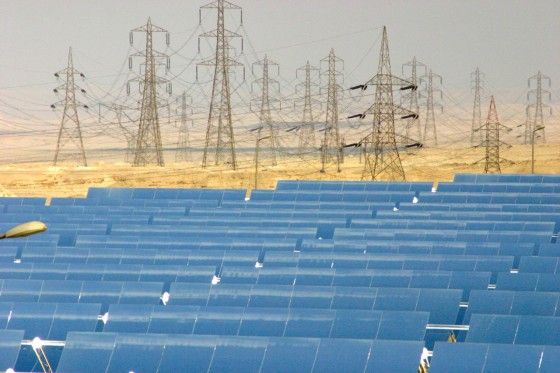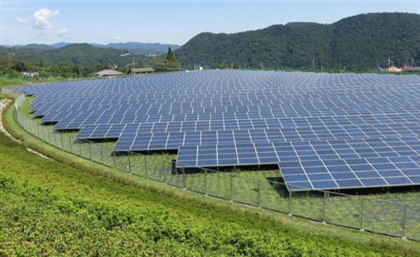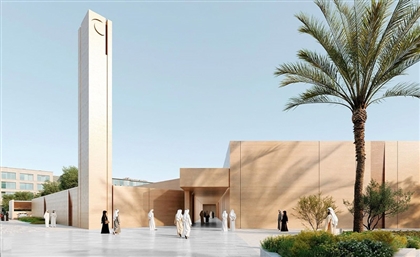Renewable Energy to Egypt's Rescue?
The latest developments in Egypt's big solar power project look promising and the local energy industry is receiving interest from serious investors...

It is no secret that Egypt is blessed with a lot of sunlight, and cursed with an energy crisis. If only there was away of harnessing the sun to produce energy... Oh wait, there is and thankfully Egypt's Development Minister, Adel Labib, recognises the importance of harnessing this clean untapped energy resource.
The question on everyone's mind these days is when will the power cuts end? The answer is largely unknown, as rumours suggest it could take up to four years to solve the current crisis. Egypt is can be described as being in the sun belt with only nine or 10 days a year with low sunlight.
At conference in April, organised by Alexandria's Chamber of Commerce, Adel Labib announced plans to implement solar panels in a “giant project” that will cost up to a billion dollars. At the time the details of the “giant project” were largely undisclosed. Since that time the status of the project was unknown, but recently there have been developments and reports that suggests that Egypt is serious about channelling renewable energy as a solution to its current energy problems.
The International Finance Corporation (IFC) estimates that energy generation in the MENA region is worth over $192 billion, a quarter of which is in renewable energy. Looking to capitalise is the IFC's Renewable Energy Development Support (REDS) project. The project is providing Frienergy Limited, a clean technology firm leading the way in Egypt, with the support to develop a 12MW solar PV and wind plant, that aims to sell clean energy to tourism facilities on the Red Sea coast; a service that will be the first of its kind in the region.
“For us, having this kind of valuable technical support on our feasibility study and in developing our project means that we will have stronger credibility when speaking to potential off-takers, not to mention helping us unify parties and finally give renewable energy in Egypt a fighting chance,” said Marco T. Frigido, the Egyptian-Italian Founder and General Manager of Frienergy.
REDS is looking to invest a $120 million in the MENA region, hoping to generate about 184,000MWh from renewable energy. However, they are not the only ones looking to invest. According to Youm7, Saudi Arabia is also looking to build a major solar energy plant, as part of a joint venture with Egypt, in the El-Wadi El-Gadid region estimated to cost about $6 billion. Muharram Hilal, head of Tenth of Ramadan Investor Association, told Youm7:“Construction works are scheduled to start as soon as all required licenses and regulations are acquired.” Hilal believes that the obstacle keeping companies away from investing in renewable energy in Egypt is the governments failure to define tariffs for electricity generated from renewable energy.
Developing plants will always be important, but equally important is implementing creative ideas that reduce energy needs. For example, researchers from Ain Shams University in Egypt have invented a new, corrugated, translucent panel that can be mounted on rooftops to redirect sunlight onto the narrow streets and alleyways below. According to Ain Shams Professor Amr Safwat,“these dimly lit areas specifically include narrow streets in developing countries, but the new panel could be used in any country as a greener, cheaper, and more pleasant alternative to fluorescent and other artificial light.”
As it stands, Egyptians are living dark days, as multiple power cuts have become a daily reality. On paper, Egypt's energy goal is to receive roughly 20% of its energy from renewable sources by the year 2020; a target that seems reasonable if Egypt chooses to properly support these projects and implement creative ideas that reduce the current strain on Egypt's energy grid. Many Egyptians believe they can't afford another revolution, but with the increase of power cuts in all areas, Egypt can't afford not to join the green revolution.
- Previous Article Govt: Power Cuts Crisis Over Within Days
- Next Article #EgyPoliceTipsToUS: Twitter Sarcasm Overload
























